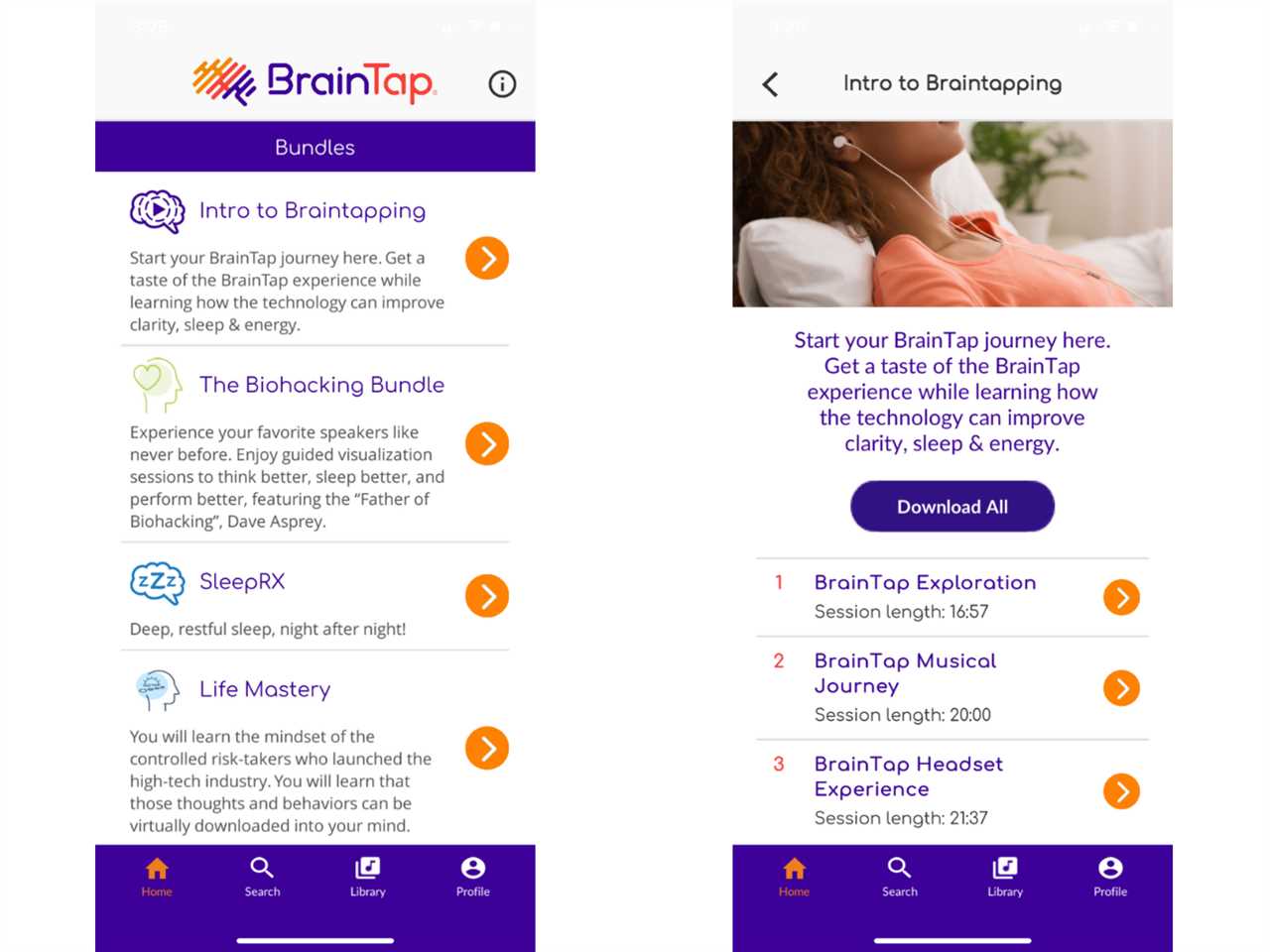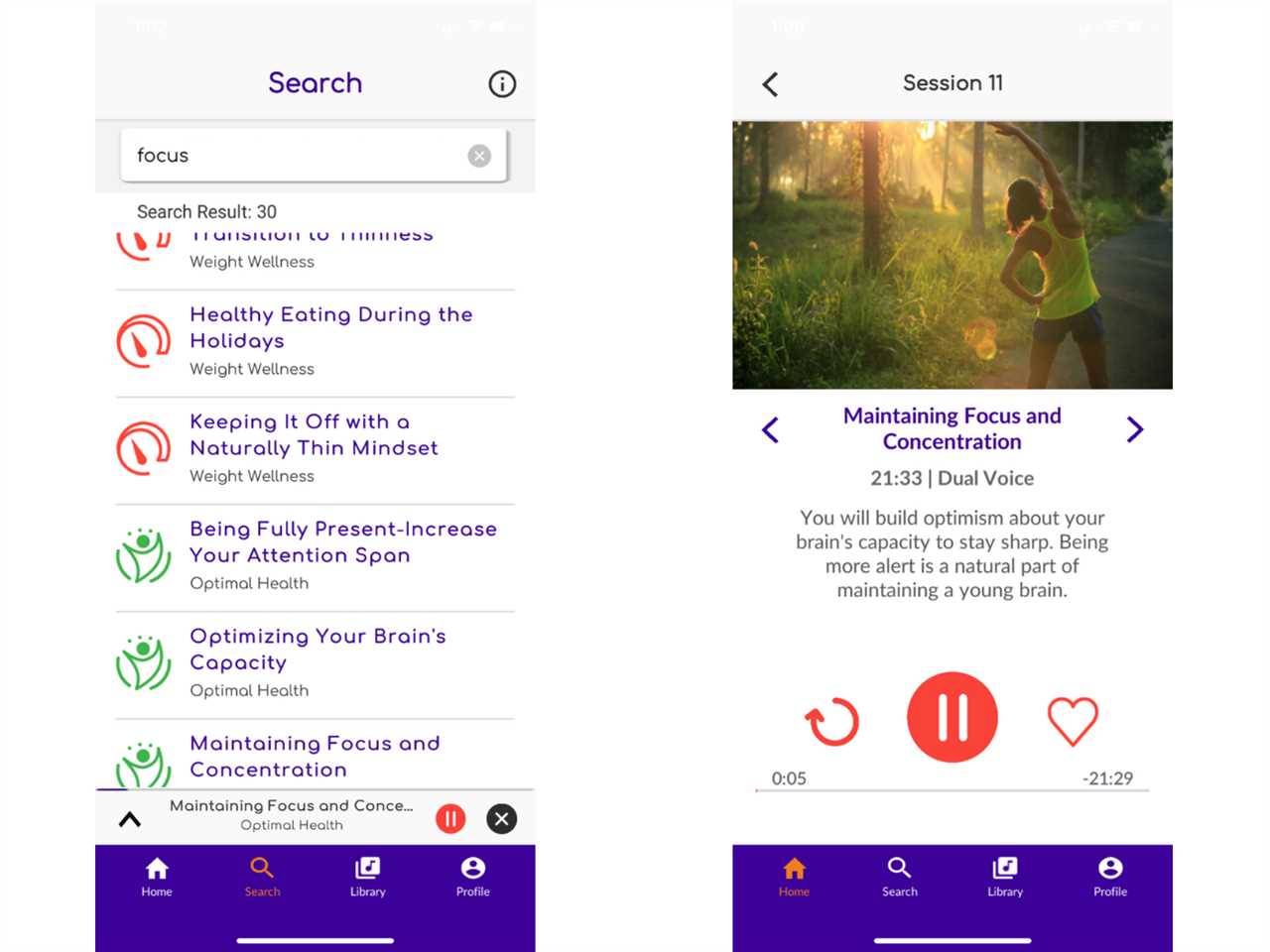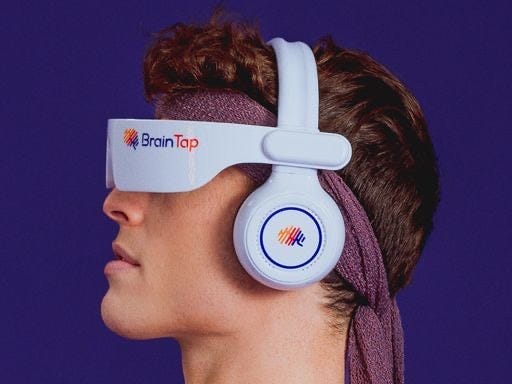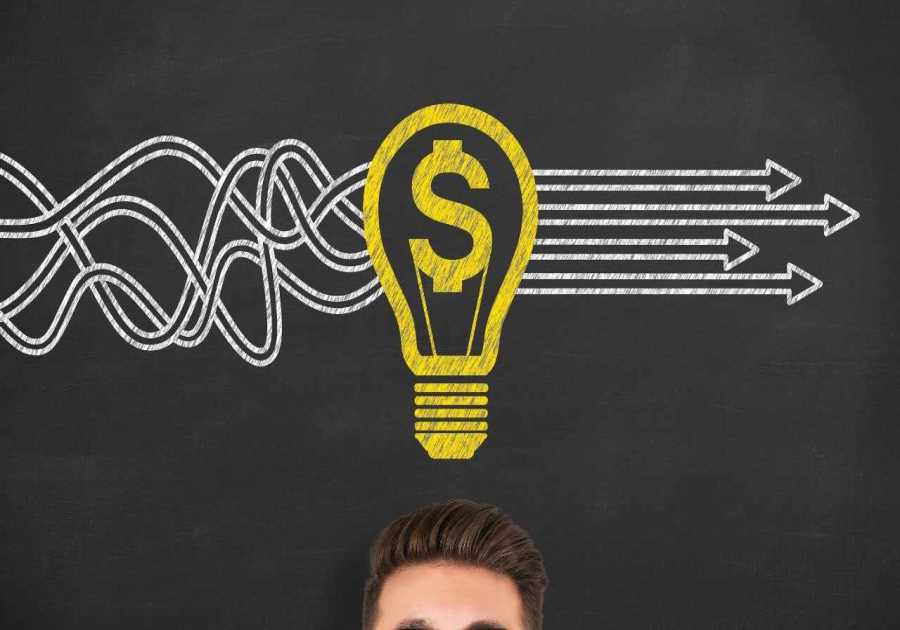Julie Peck
- Julie Peck is a freelancer who was having trouble focusing on tasks, so she tried the app BrainTap.
- BrainTap uses audio programs to address issues like insomnia, stress, and focus.
- The app was an overall success, but she hopes some functions will be improved in the next version.
Working from home is fantastic, until it isn't. As the old cliché goes, there's always a load of laundry to be done, a bed to be made, or — in my case — a teenager to be counseled. Not only am I a freelancer and a mom, but I also cared for my elderly mother in my home until she passed away in March 2022.
So it's accurate to say that a lot of distractions threaten to interrupt my work day. I'll get on a roll writing when, out of nowhere, my brain queues up the to-do list that's constantly breathing down my neck and, boom, I've lost my train of thought.
This lack of focus frequently bleeds into my personal time as well. While trying to relax with my children or friends, I'll be reminded of an email I needed to send, a story I needed to work on, or a contact I needed to get back to. When I realized how my inability to concentrate was eating into what little time I had with my teenage sons, I knew I had to take action.
To combat my difficulties focusing, I tried BrainTap
BrainTap, backed by venture capitalist and serial entrepreneur Nicholas Zaldastani — now the company's chairman — is an app that provides audio programs to address issues like insomnia, stress relief, and weight loss.
On the surface, the audio tracks seem like simple guided meditations set to music, but the website explained that they're more sophisticated than that — they're embedded with binaural beats, a sonic effect that uses how the left and right ear perceive tones differently to create unique frequencies that generate relaxing brainwaves. They also have isochronic tones, or regular beats of just one tone, that encourage the brain to follow along and therefore produce relaxation.
Both techniques have been used and studied for years, but BrainTap claims that the way it combines them, with proprietary algorithms, is unique. Similar audio programs are available for free on YouTube and Spotify, as well as on rival meditation apps like Insight Timer, Sacred Acoustics, and EquiSync.
Patrick Porter, an author with a doctorate in clinical psychology, founded BrainTap in 2014. He won multiple Consumer Electronics Show awards in the late '90s for his MC2 brain entertainment device and previously founded the Positive Changes Hypnosis franchise, which he sold in 2002.
When I downloaded the BrainTap app, it came with some free, preliminary programming
"Intro to Braintapping" and "Jumpstart Your Journey" acquaint the user with the audio techniques and the overall feeling of the light hypnosis-like state that the tracks can produce. Users also receive the "Founder's Choice Bundle" for free, which features different audio sessions that rotate on a monthly basis.

BrainTap
Targeting specific goals like focus or sleep requires the purchase of a content bundle. The BrainTap website outlines seven bundles available for purchase: Sleep Rx, Weight Wellness, Optimal Health, Stress-Free Me, Worry-Free Me, Children and Learning, and Biohacking, each available for $9.99 per month. For $29.99 per month, I chose the Wellness Collection, which enabled me to access all of the bundles in their "BrainTap Pro" library. The tracks range in length from eight to 42 minutes, averaging about 15 to 20 minutes long.
When I opened the app, it was a little overwhelming
To start, the app and website had different module names. When I used the app I found that what was called "Sleep Rx" on the website was called "Sleep Deep" on the mobile app. As a consumer, it made me uncomfortable. Fortunately, the company released a newer version that fixed this issue.
The interface was also crowded with a lot of additional programming. Content is available in various languages, and I could choose to listen to some of the programs in a male or female voice. Also, there are programs for the morning and night.
It wasn't the most easygoing user experience, but the app has a powerful search feature that makes it easy to cut through all of that. I could just search for what I wanted — like "focus," for example — and go from there.

BrainTap
The main programs I worked with were "Focus In The Now" and "Focus & Concentration," both were in the "Find Clarity" module. I downloaded the programs to my phone, because the developers recommend activating airplane mode while listening to ensure an uninterrupted experience. Additionally, it's recommended to listen through headphones or earbuds as opposed to just using a device or speakers. I tried it both ways and definitely found that listening through my AirPods was more impactful than listening through a speaker.
I've listened to the focus programs first thing in the morning, during the afternoon, and at the end of the day. I found that I preferred listening to it when laying down to go to sleep — it's very relaxing.
BrainTap offers an additional, visual element
While the app and programs are marketed as a stand-alone system, users can choose to enhance their experience with a headset that delivers light-frequency therapy. The headset is an over-the-ear model with a visor that comes down over the eyes to administer light pulses. It's a pricey $647, but the company provided a complimentary one for me to try, since I was reviewing the app.
As someone who suffers from migraines and light-sensitivity issues, I was careful with using the headset and only tried it in short spurts. It didn't enhance my experience sufficiently to the extent that I found it necessary or worth the risk of potentially triggering a migraine.

BrainTap
This app successfully reined in my focus
The creator suggests listening to BrainTap at least once a day and says there's no added benefit in listening more than 3 times a day. With a consistent month-long use of BrainTap, my productivity increased dramatically. The biggest payoff is that when I start a task, I'm able to stay on it — the to-do list in my brain doesn't pop up anymore.
My executive functioning has also improved: I'm able to clearly see what I need to do to achieve my goals and organize myself to do it. This kind of functioning has eluded me in the past when I'm overwhelmed — I would often call friends and ask to "borrow their brains" because I was simply unable to focus on the issue at hand. Now, I feel like I can easily process these tasks without getting tied up in knots.
Even more impressive to me is the effect this has had on my downtime. I'm able to effectively shut my mind off and really be present "in the now." I no longer compulsively look at my emails when I'm watching a movie with my son and he no longer accuses me of not listening — now I'm the one calling him out for checking his texts.
Based on the success I've had with the focus programs, I look forward to trying some of the other programs on the BrainTap app to see what else it can do for me. Although I'm unsure what biohacking actually amounts to, but I'm particularly interested in finding out more about it.
Read More
By: [email protected] (Julie Peck)
Title: I used a 'light hypnosis' app for a month. It helped my productivity, but I was blown away by what it did to my downtime.
Sourced From: www.businessinsider.com/braintap-app-review-improved-focus-productivity-2023-1
Published Date: Wed, 04 Jan 2023 11:00:00 +0000
.png)





